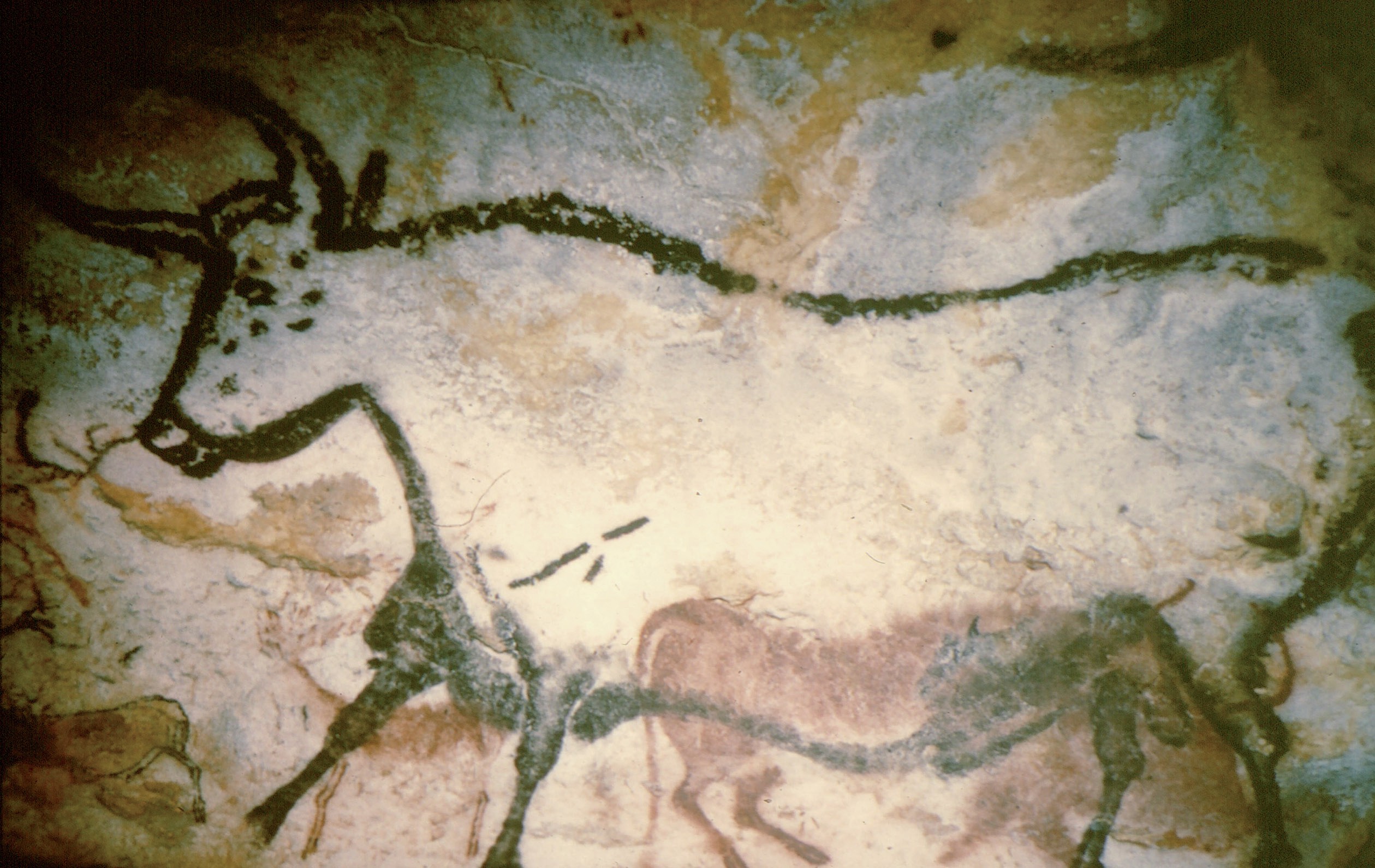
We humans are evolved creatures. Some 4 billion years of evolution have led from the earliest glimmerings of single-celled life on earth to all the multitude of living forms that exist today: oak trees, slime moulds, E. coli, sharks … and humans. Homo sapiens first emerged in recognisably modern form only half a million years ago, and the oldest artefacts that indicate our particular subspecies, Homo sapiens sapiens, are around 200,000 years old.
A defining feature of the evolutionary trajectory that led through vertebrates and mammals to modern humans is of organisms with increasingly rich behavioural repertoires, and correspondingly more complex central nervous systems and brains. Other species can outperform humans in many ways but only humans can do all of the following: run a kilometre, swim a broad river, climb a tree and discuss their achievements with a fellow human or write a poem about them.
Your organisation does not have access to this article.
Sign up today to give your students the edge they need to achieve their best grades with subject expertise
Subscribe




